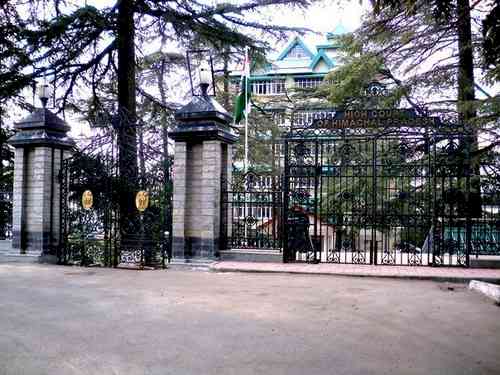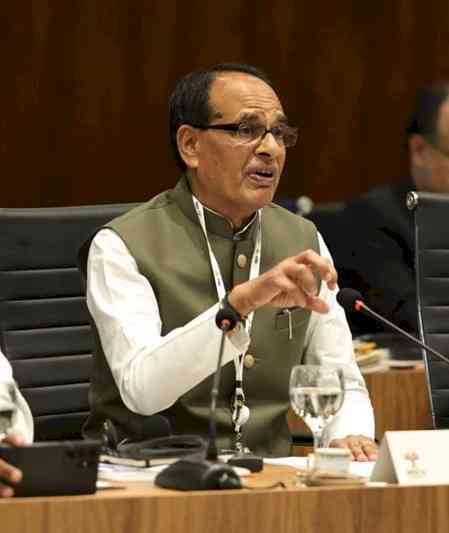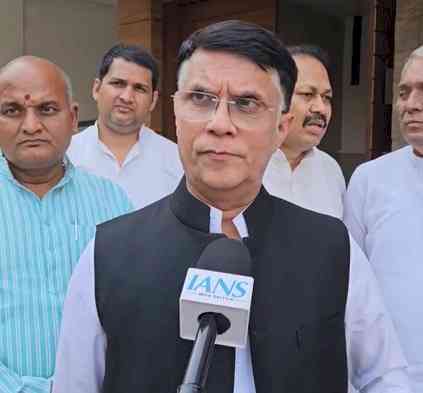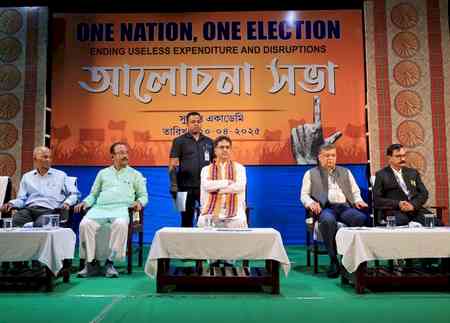State cannot be permitted to act as exploitative master: Himachal High Court
Acting tough, the Himachal Pradesh High Court has held the state cannot be permitted to act as an exploitative master by cleverly devising a method under the garb of provisions of recruitment and promotion rules by providing contractual appointment at an initial stage but depriving service benefits later.

Shimla, Oct 3 (IANS) Acting tough, the Himachal Pradesh High Court has held the state cannot be permitted to act as an exploitative master by cleverly devising a method under the garb of provisions of recruitment and promotion rules by providing contractual appointment at an initial stage but depriving service benefits later.
The court held that it is not expected from the state to deprive the employees from their lawful and just benefits emanating from the services rendered by them.
The order by a division bench of Justices Vivek Singh Thakur and Bipin Chander Negi came on a plea filed by the petitioners who were appointed as Tehsil Welfare Officers in the Department of Social Justice and Empowerment in May 2010 on contract and sought counting of their contract service for the purpose of annual increment, seniority and pensionary benefits from the date of their initial appointment.
The court found there was no justifiable and plausible reason available on record for not offering regular appointment at initial stage.
"It appears in order to avoid its liability to pay salary attached to the post and to deprive the employees from lawful service benefits available to them, exploitative policy of contract appointment has been/ and is being adopted and practiced," it observed.
The court further said the omissions and commissions on the part of the state "are arbitrary and against the mandates of the Constitution of India".
The bench held that the petitioners are entitled for counting their services from date of initial appointment on contract for the purpose of seniority and all consequential benefits like granting annual increments and pensionary benefits. It has directed the respondents to extend all consequential benefits to the petitioners on or before December 31.


 IANS
IANS 










